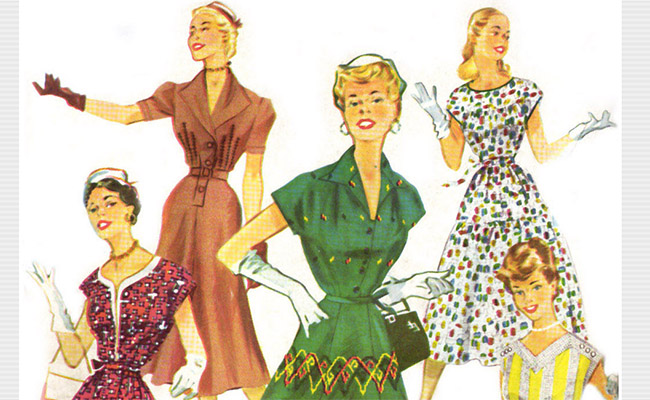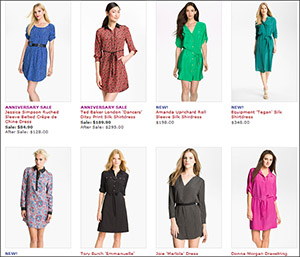

As many trends come and go t like seems like the speed of light, it is important for you, as designers, to know which trends are vital to keep in mind and which ones can be tossed away. In my previous articles, I’ve discussed the importance of understanding current trends and if trending tools are always a must. And from these it is apparent that designers should at least know and understand what trends are and how much of an impact they can have on the success of a fashion label.
On one hand, sticking to trends can be a bit of a risk especially when just starting out. The definition of a fashion trend is a fad, meme or craze that develops among a large population and is collectively followed with enthusiasm for some period of time. This period of time could last anywhere from 1 month to 10 years, making trends extremely chancy and at times unreliable. It makes one think that perhaps sticking to basic and classic designs are a smarter bet.
However, when we look at what is now considered a “classic and timeless style“, we need to remember that these seemingly safe concepts were once trends too; trends that were so successful they managed to stand the test of time. For example, the simple shirtdress was the considered a hot fad in the 1950’s and women were going crazy to add a piece to their wardrobe. Yet today you can still find women of all ages rocking a variation of this timeless fashion silhouette.
What does this mean? Well, ultimately it’s up to you as the designer to decide which way you’d would like to go. Designing with trends in mind can assist you in creating pieces that will sell at that very moment that the trend is in demand; marketability and sale-ability are important aspects to successful business and in fashion sometimes risks are necessary in order is see growth.
With that said, if you are more interested in making pieces that will always be desired and therefore live as staples in consumers’ closets, then steering clear of trends would probably be the smarter choice. Many sustainable designers think this way, as wasteful disposal of perfectly good clothing is something they cringe to see.
In my opinion, it is important for designers to look to where they want to be in so many years. In learning who your customer is, you will be better prepared to make the right decision.
So, what’s the consensus? How many of you think about and incorporate trends into your work? We’d love to know.
